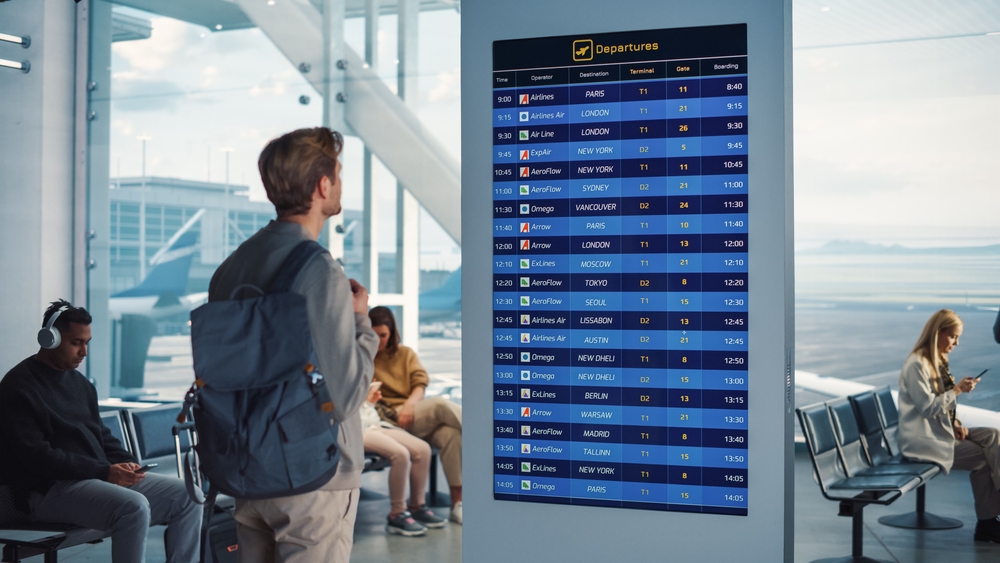Destination training allows travel agents to build the knowledge, skills, and insights necessary to offer truly unforgettable travel experiences.
In this post we will outline what you might expect from your destination training, and explore how asking the right questions can help travel agents make the most of this opportunity.
What is Destination Training?
Destination training is a specialist course that can help travel agents understand travel trends, customer preferences, and the risks and opportunities associated with popular destinations.
Destination training may involve attending an in-person course or workshop. On rare occasions, it may involve travelling to a specific tourism destination for on-the-ground learning. But nowadays most destination training providers use online learning modules.
Some travel agents will choose to undertake routine destination training, as it can help them stay ahead of emerging trends.
Destination training is not to be confused with a familiarity trip. A “fam trip” is not a formal training course. It is a dedicated excursion for travel agents to help them promote a new package or property.
The Benefits of Destination Training
Destination training can offer travel agents the opportunity to:
- Develop expert knowledge of popular destinations
- Understand emerging travel trends and evolving customer preferences
- Build relationships with hotels, tour operators, frontline staff, and other providers
- Learn about the risks associated with popular destinations and transport options
What Questions to Ask During Your Destination Training
These are the questions you should bear in mind during your destination training. If you reach the end of the course and you find these questions are still unanswered, you should look for an opportunity to ask them yourself.
Who Chooses This Destination, and Why?
What makes a popular travel destination so popular? And how are providers in the destination adapting to evolving customer trends?
For instance, if the destination is particularly popular, you might wish to know what, if anything, providers are doing to address overtourism concerns. You might also enquire about what providers are doing to meet the growing preference for more sustainable travel options.
It is also important to understand what sort of traveller chooses each destination. Business travellers, or holidaymakers? Families, solo travellers, or young couples? And if the destination is popular among a certain demographic, what exactly do they find so appealing?
How Will Customers Travel To This Destination?
Travel agents sell transportation services along with accommodation and experiences. It is important to understand the specific travel options for every destination, along with the potential risks associated with each.
Again, you might bear in mind the growing preferences for sustainable travel options. Do customers have to travel by boat or plane to reach a destination? Is it possible to get there using greener transport options?
Are There Any Risks Associated With This Destination?
As well as transport risks, take the time to understand on-the-ground risks associated with popular or emerging destinations. These might involve enquiring about extreme weather, civil or political unrest, crime statistics, and potential health concerns.
The better you understand these risks, the better you can advise your customers on taking suitable precautions and the better you can protect your agency from risk.
What Insurance Will I Need To Sell Trips To This Destination?
This is another reason why it is important to understand the risks associated with any destination. This will help you ensure you have the right cover in place to ensure total peace of mind for you and your customers.
Once you understand these risks, we can help you get the cover you need at a competitive price.
James Hallam is an independent Lloyd’s broker with access to a hand-picked selection of A-rated insurance providers. We have provided specialist business insurance for tour operators and travel agents for over 20 years.
We provide a one stop shop service for the travel industry, and over 700 travel agents and tour operators depend on us for dedicated business insurance services. Also, we act as the trusted insurance advisor to ABTA and AITO.
Find out how we can help you today.












